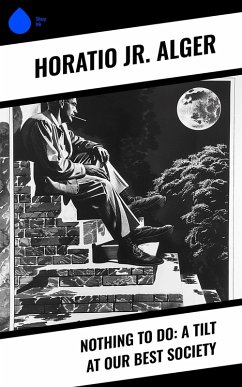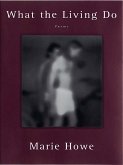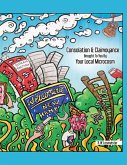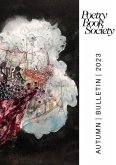In "Nothing to Do: A Tilt at Our Best Society," Horatio Jr. Alger offers a penetrating critique of societal structures through a blend of satirical prose and vivid storytelling. Set against the backdrop of late 19th-century America, the narrative delves into the lives of individuals trapped in the throes of idleness and bourgeois complacency. Alger employs a whimsical yet acerbic literary style to underscore the paradox of a society that venerates productivity while simultaneously fostering ennui among its privileged. The text stands as a reflection on the moral expectations of the era, questioning the validity of success measured solely by wealth and social standing. Born into a period rife with industrialization and striving for the American Dream, Alger was shaped by his experiences as both a clergyman and an observer of human behavior. His intimate understanding of youth aspirations and struggles illuminates his storytelling. Drawing from his own life lessons and the socio-economic realities of his time, Alger captures the zeitgeist of an era that both glorified individual achievement and revealed hidden discontent. "Nothing to Do" is a compelling read for those interested in the interplay between individual agency and societal expectations. Alger's sharp wit and thought-provoking observations will resonate with modern audiences, making this work a relevant exploration of ambition and the specter of idleness in any age.
Dieser Download kann aus rechtlichen Gründen nur mit Rechnungsadresse in A, B, BG, CY, CZ, D, DK, EW, E, FIN, F, GR, HR, H, IRL, I, LT, L, LR, M, NL, PL, P, R, S, SLO, SK ausgeliefert werden.









